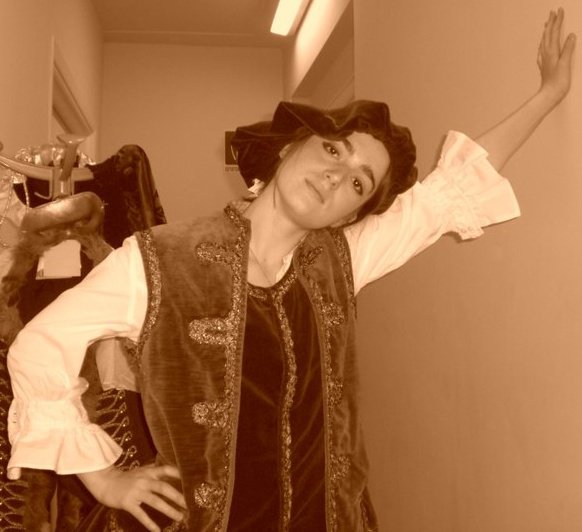
February 12, 2016, by Guest blogger
Reading Hamlet in a Labour Camp
By Alessia Molteni
Who doesn’t know Shakespeare in Europe? For many people he is only a vague memory from high school, for others a great artist and for a fanatic bunch of people, the brightest star in the firmament. Could someone with a non-european cultural background, from a different social and political environment, identify completely with a fictional character?
This happened to the Chinese writer Wu Ningkun. He wasn’t a hero, nor a warrior or a king but a simple man who fell in love with Shakespeare’s plays during his university studies in the US. In the 50s, Wu renounced to a brilliant career to go back to his home country and take part in the building of the “New China”.
Shakespeare was part of his everyday life; he used to recite Hamlet’s soliloquies to his wife and she answered back with Ophelia’s words. This changed in 1966, when the Cultural Revolution began. China closed all doors to the rest of the world and every kind of foreign text was banned. It was a difficult time for art, culture and theatre; foreign operas were considered “reactionary”, and even the majority of Chinese traditional companies were strictly censored. Only a few “model plays”, approved by Mao’s wife, were performed. Chinese government imprisoned intellectuals for their liberal ideas. Wu himself was branded as “reactionary” because he had studied in a Western country. His family was harshly persecuted and he was then imprisoned in a labour camp near Siberia.
During the imprisonment, he kept reading Hamlet in secret. The book was his only companion in that solitary cell. It was there that he understood how the protagonist’s sufferings were real for him, and that he could picture himself like a modern Hamlet. His disgraced China became a new Denmark where “The ghost thundered with a terrible chorus of a million victims of proletarian dictatorship. Rosencrantz and Guildenstern would have felt like fish in water, had they found their way into a modern nation of hypocrites and informers…” (Wu; 1994).
Wu was also devoured by the sense of guilt; his family was persecuted because of him. How to cope with the anger of being a victim and the despair of causing pain to people he loved (even if unintentionally)? Shakespeare’s words helped him to give a sense to his experiences, he wrote: “I would say to myself, “I’m not Prince Hamlet, nor was meant to be”…. Rather, I often felt like one of those fellows “crawling between earth and Heaven”…. But the real question I came to see was neither “to be, nor not to be,” but how to be worthy of one’s suffering.” (Wu; 1994).
Wu was not Hamlet and his story has a happy ending: no revenge, no death. He survived “the slings and arrows of outrageous fortune”(Hamlet). He poured his sufferings in to his book, A Single Tear. Words were his companions when he was in distress and words are his gift to the world.
No comments yet, fill out a comment to be the first

Leave a Reply